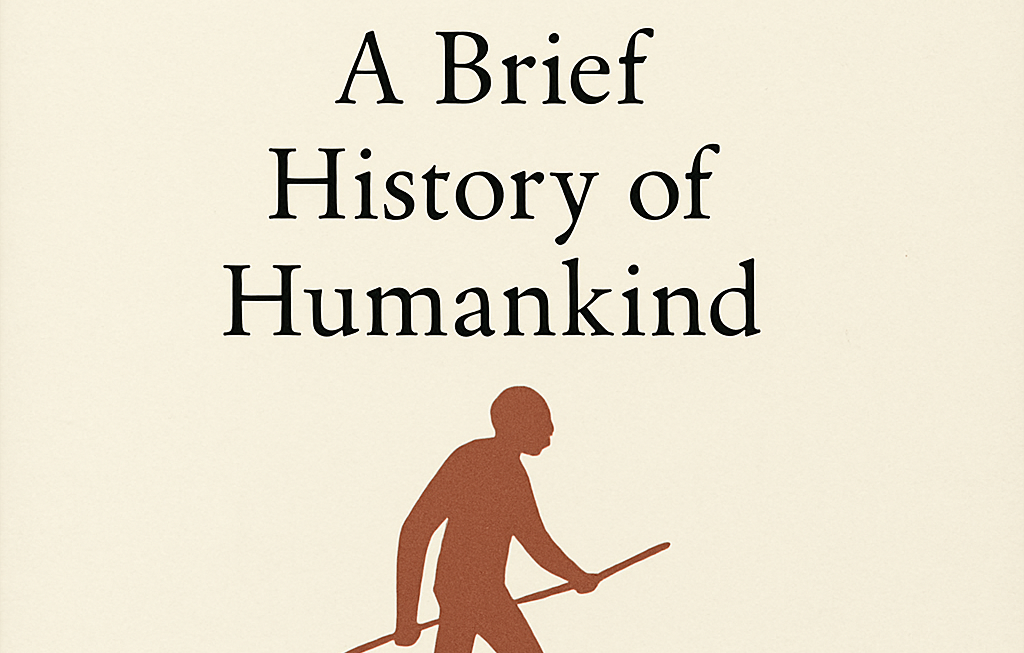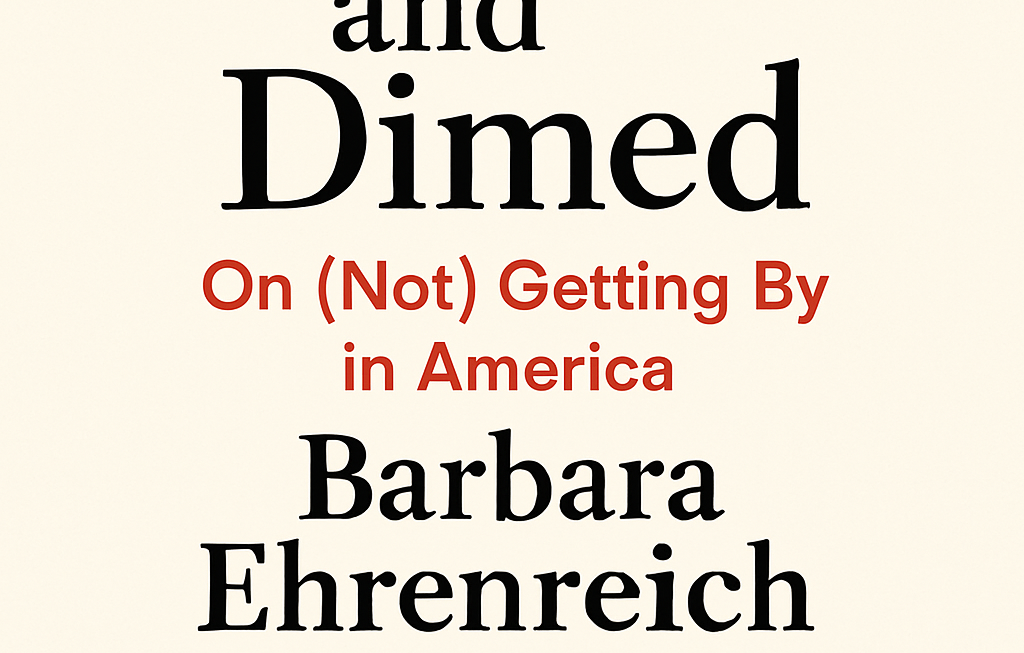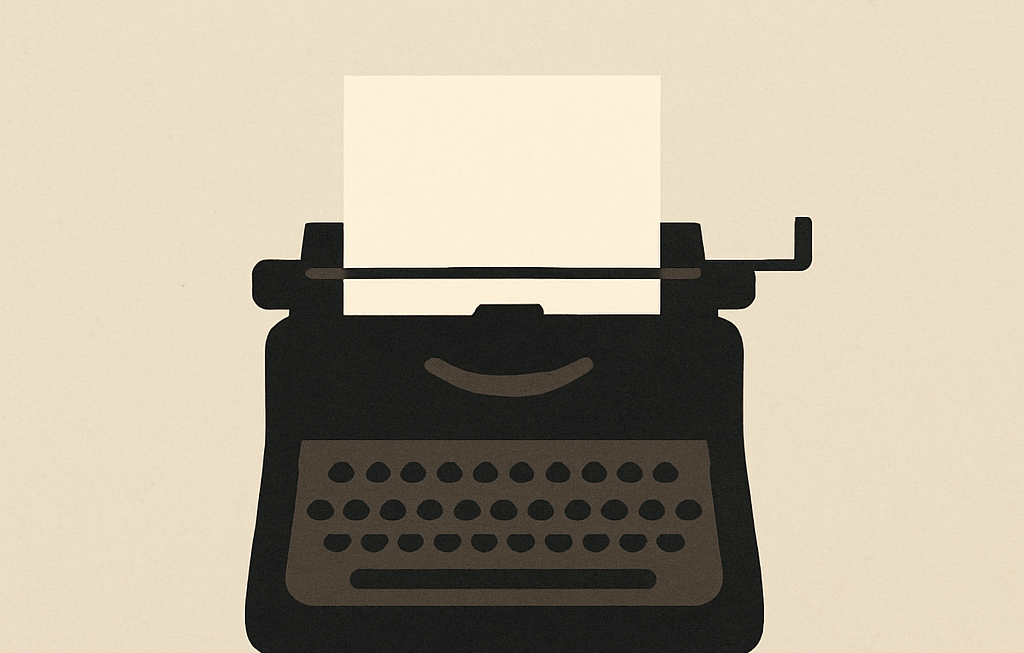A Conversation Across the Ages: Yuval Noah Harari and the Enduring Enigma of Sapiens
Yuval Noah Harari, the Israeli historian whose name is synonymous with sweeping historical narratives and unsettlingly prescient pronouncements about the future, burst onto the world stage with Sapiens: A Brief History of Humankind. Published in 2011, this ambitious work wasn’t merely a chronicle of humanity’s journey; it was a compelling invitation to self-reflection, a grand intellectual experiment that dared to connect the dots between the cognitive revolution of our distant ancestors and the technological anxieties of our hyper-connected present. Harari, born in 1976 in Kiryat Ata, Israel, eschewed the traditional academic silos, weaving together history, biology, and philosophy into a captivating tapestry that has captivated millions. Sapiens, a book praised for its breathtaking scope and surprisingly accessible prose, dissects the pivotal moments of human evolution – the Cognitive Revolution, the Agricultural Revolution, and the Scientific Revolution – revealing how each shaped our world and, perhaps more importantly, the very nature of what it means to be human. He doesn’t shy away from challenging conventional wisdom, questioning whether progress has truly benefited all of humankind and prompting us to confront the ethical dilemmas posed by advances in technology and biotechnology. The book’s success is a testament to Harari’s ability to distill complex ideas into a narrative that is both intellectually stimulating and deeply engaging, leaving readers pondering the trajectory of our species long after the final page is turned. This exploration of history, as rendered by Harari, is not just an academic exercise; it is a vital conversation about our past, present, and future, a conversation we continue today.
Ten Questions for Yuval Noah Harari
- Question: Sapiens presents a grand narrative of human history. How did you manage to avoid the pitfalls of teleology, the inherent bias of viewing history as inevitably leading to its present state?
Answer: The temptation to impose a teleological narrative is immense, especially when dealing with such a vast subject. My approach was to focus on contingency. While there are trends and patterns, countless unpredictable events shaped our history. The Agricultural Revolution, often lauded as progress, might have been a step backward for many, creating new forms of inequality and dependence. Emphasizing contingency allowed me to avoid painting a picture of inevitable progress and to explore the various paths humanity could have taken.
- Question: Your work transcends traditional disciplinary boundaries. How do you navigate the challenges of integrating diverse fields like history, biology, and philosophy into a cohesive narrative?
Answer: The interdisciplinary approach presents its own hurdles, demanding careful research and synthesis. I rely heavily on collaboration with experts from various fields and constantly engage in rigorous self-criticism. It’s a continuous process of refinement, acknowledging the limitations inherent in any attempt to synthesize such diverse knowledge. My goal isn’t to be an expert in every field, but to use the insights from different fields to construct a more holistic understanding.
- Question: Critics have accused you of oversimplification, of reducing complex historical processes to easily digestible narratives. How do you respond to these accusations?
Answer: The accusation of oversimplification is fair, but inevitable in a book of this scope. My aim was not to offer exhaustive details but to provide a framework, a broad overview that sparks further exploration. Nuance and complexity are essential, but sacrificing accessibility for hyper-specificity would defeat the purpose. The book is meant to be a springboard for deeper engagement, not the final word.
- Question: What historical figures or events have most profoundly shaped your own understanding of the human condition?
Answer: Numerous figures resonate, but perhaps the pre-agricultural hunter-gatherers stand out. Their lives were vastly different from ours, yet their experiences offer valuable insights into human nature, stripped of the complexities of civilization. Understanding their ways of life profoundly impacted my perception of the supposed benefits of agricultural societies and the idea of “progress” itself.
- Question: Your books frequently address the ethical dilemmas posed by technological advancements. What ethical frameworks or principles should guide our navigation of these challenges?
Answer: Ethical frameworks must be constantly re-evaluated in the face of rapid technological change. No single framework can provide all the answers, but principles like minimizing harm, ensuring fairness, and promoting human well-being are crucial. Above all, we need open and inclusive dialogues to address these issues, transcending national and ideological boundaries.
- Question: Many find your predictions about the future both fascinating and unsettling. How do you balance the responsibility of presenting potentially alarming scenarios with the need to avoid inducing unnecessary fear or fatalism?
Answer: The goal is not to induce fear, but to encourage foresight. Understanding potential challenges—the rise of artificial intelligence, climate change, bioengineering—is not about succumbing to despair, but about fostering proactive solutions. We must acknowledge the possibilities, both positive and negative, to shape a more desirable future.
- Question: Your work has been lauded for its accessibility. How do you strike a balance between rigorous scholarship and engaging prose that can reach a broad audience?
Answer: Accessibility is not a compromise of scholarship. It requires careful consideration of language and structure. I aim to make complex ideas accessible without sacrificing intellectual honesty. It is a craft, requiring continuous effort to distill complex concepts into clear and compelling narratives.
- Question: You’ve been criticized for a perceived lack of engagement with specific power dynamics and social justice issues. How would you respond to this criticism?
Answer: My work focuses on broader trends and patterns, not exhaustive explorations of every specific power dynamic. However, I acknowledge the limitations of this approach. Power relations, inequality, and social justice are fundamental elements that shape human history. Future work should delve deeper into these critical aspects.
- Question: What are the most significant misconceptions about the past that you believe still shape our present?
Answer: Many misconceptions stem from our anthropocentric biases. We tend to believe that human history is linear progress, neglecting the complex and often brutal realities of the past. Understanding the contingency of history is crucial for shaping a more responsible and equitable future. The assumption that the current state of affairs is inevitable is a dangerous illusion.
- Question: Looking back on the impact of Sapiens, what aspect of the book’s reception or its legacy has surprised you the most?
Answer: The sheer scale of the book’s global reception has been surprising. What began as an academic exploration reached a vast and diverse audience, sparking dialogues across cultures and disciplines. The depth and breadth of the engagement with the book’s themes have continuously been humbling and encouraging, reinforcing the value of exploring the big questions concerning our species’ past and future.
“`



